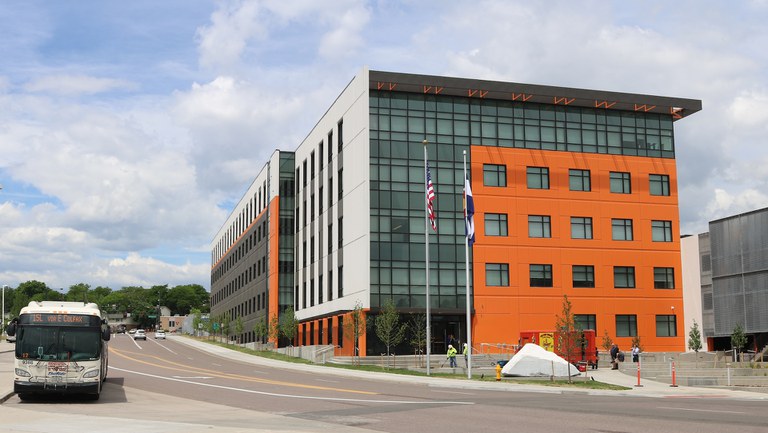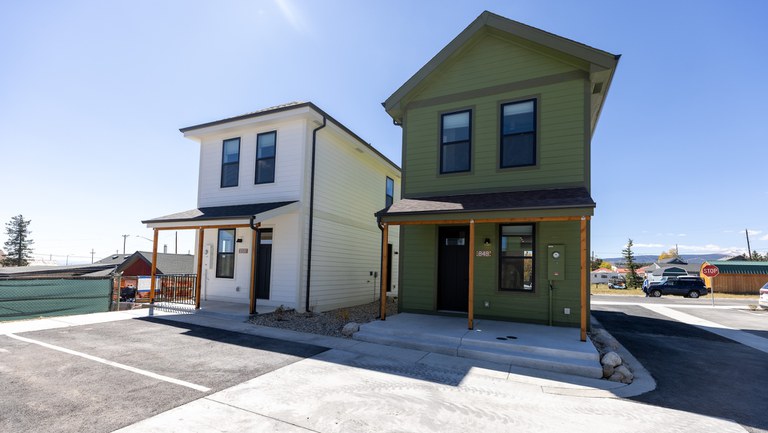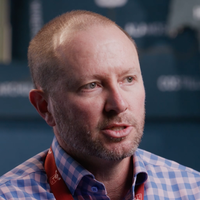Beyond Bridges and Roads: CDOT Property Management
CDOT’s property management program and the work fueling Colorado’s transportation infrastructure

The silent engine driving CDOT's elaborate operations.
You might picture snowplows and pothole repairs when thinking about CDOT's role in maintaining Colorado's travel infrastructure. However, hidden in plain sight is a crucial piece of a much larger and more complex puzzle that keeps Colorado's transportation system running: the properties and facilities managed by CDOT.
The property management program is integral to CDOT and committed to improving the quality of service and experience for travelers, our employees and the state's complex transportation system. If this program didn’t exist, response times for maintenance crews, environmental mitigation efforts, and the integrity of the state's transportation infrastructure would likely be negatively impacted. Be it the maintenance garages housing CDOT's snowplow fleet, the rest areas that allow motorists to take a much-needed pitstop, or the administrative buildings, these are just a few of the 1,200 structures owned and managed by CDOT to ensure a well-designed transportation system in Colorado.
Prioritizing workforce housing solutions.
CDOT's workforce spans the entire state, ranging from metropolitan areas to secluded mountain towns. This presents a unique challenge: How does CDOT provide adequate resources and support to recruit and retain employees in every location, especially regarding affordable housing alternatives in high-cost regions? The property management program is leading the charge on this front.

For years, CDOT had provided accommodations to employees on state-owned land by offering mobile homes. To improve the quality of life and bring employees into critical transportation corridors, CDOT has constructed multi-unit housing in Fairplay and Frisco, an innovative way to address staffing needs while offering more comfortable housing options for employees and their families. These units won’t only serve CDOT's workforce; they also provide affordable living opportunities for law enforcement, U.S. Forest Service, Colorado State Patrol and other state agency workers. This initiative is a top priority for the property management team because it enhances the professional and personal lives of CDOT maintainers, helps boost local economies and enables residents to invest and live in the communities where they work.
Establishing a framework for Colorado's well-being.
Many Coloradans may not realize that CDOT also generates revenue through its property management's real estate and leasing group. This team actively disposes of, sells and leases properties to meet the current and future needs of travelers and the department itself. Certain leases can include land, buildings, employee housing, as well as cell tower and mineral rights, including oil and gas resources.
This revenue-generating model enables CDOT to build and maintain essential facilities such as highway rest areas for travelers and garages for maintenance crews. These facilities provide comfortable spaces for CDOT’s workforce to take shelter during extreme weather events. By effectively managing our real estate assets, the property management team ensures CDOT has the necessary means and flexibility to support projects across the state.
Showtime is all of the time.
In the Denver metro area, shutting down a lane during peak travel hours could lead to a gridlock. Coloradans are on the move at all hours of the day, so to minimize traffic delays, work often takes place after the sun sets.
Without light, driver reaction times are reduced, and driver fatigue is more common at night. Traffic control operators prepare for the added danger by illuminating the zone with portable floodlight towers, reflective channelizers and advance warning signage. A truck-mounted attenuator, or a Scorpion, is placed on the back of a vehicle between the traffic and the work area to act as a cushion and absorb the impact of a potential collision.
About the Author:

